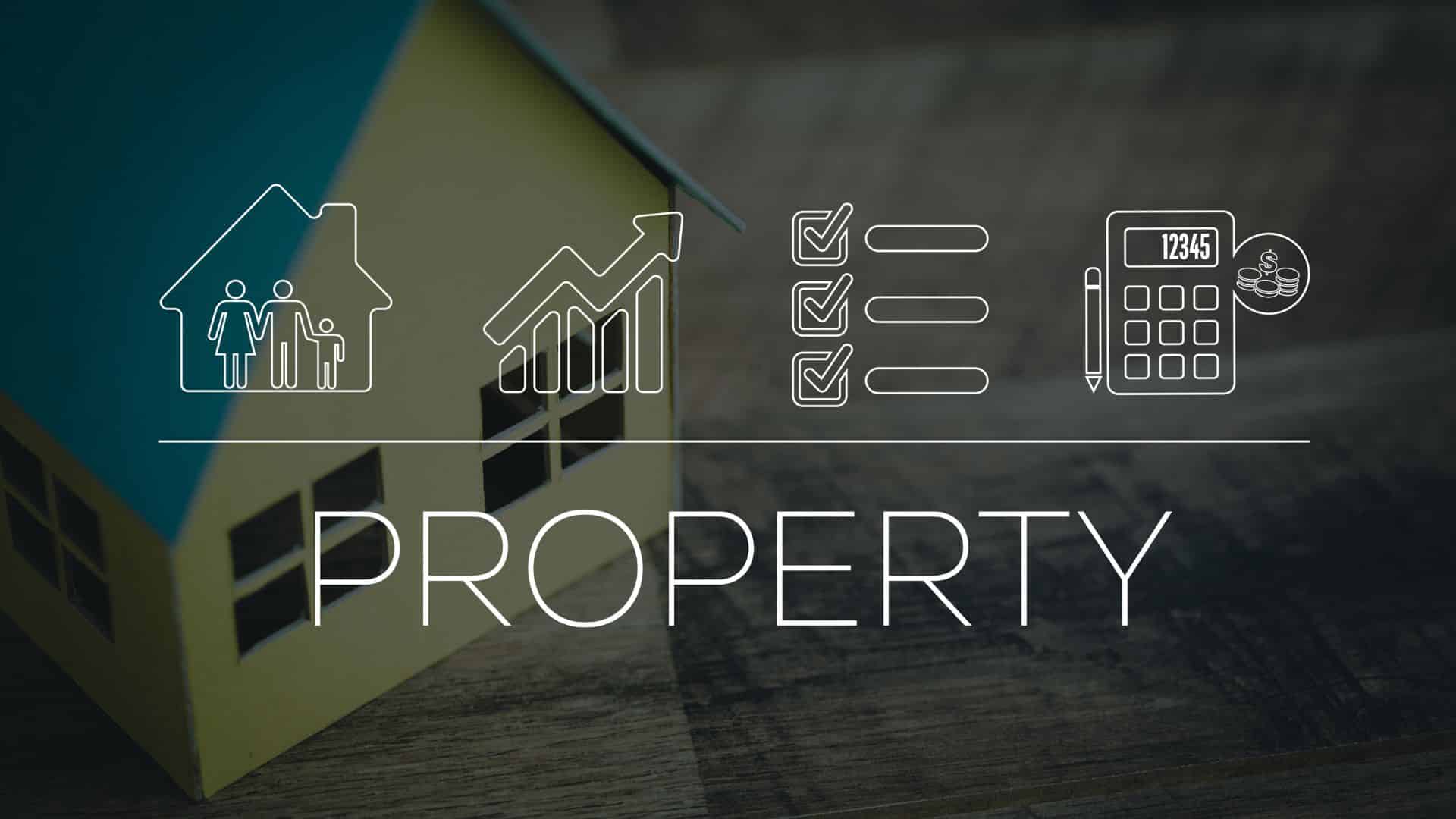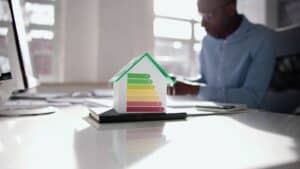Property management is evolving rapidly. Traditional methods are making way for more innovative approaches, and one of the most exciting developments is virtual property management. This new way of managing properties leverages technology to streamline processes, improve efficiency, and enhance tenant satisfaction. For property managers, property owners, and tenants alike, virtual property management offers a host of benefits that are hard to ignore.
What is Virtual Property Management?
Virtual property management involves using digital tools and platforms to handle the various tasks associated with managing properties. Unlike traditional property management, which often requires physical presence and manual handling of tasks, virtual property management allows many of these responsibilities to be managed remotely. This includes everything from communicating with tenants to scheduling maintenance and collecting rent.
The tools and technologies used in virtual property management are varied. Property management software, communication tools like video conferencing apps, and remote monitoring systems are just a few examples. These tools help property managers stay connected with tenants, keep track of property maintenance needs, and handle administrative tasks more efficiently. Essentially, virtual property management combines the power of technology with property management expertise to create a more effective and efficient way of managing properties.
Benefits for Property Managers
Virtual property management brings a range of benefits for property managers, making their jobs easier and more efficient. One of the biggest advantages is efficiency and time-saving. With virtual property management tools, property managers can streamline communication with tenants, reducing the need for back-and-forth emails or phone calls. Automated tasks and reminders help ensure that nothing falls through the cracks, from rent collection to maintenance schedules.
Cost-effectiveness is another significant benefit. By reducing the need for physical office space and cutting down on travel expenses, property managers can save money. This is especially important for smaller property management companies or individual managers who may not have the resources to maintain a large office or travel frequently between properties.
Better tenant management is also a key advantage. Virtual property management tools allow property managers to respond quickly to tenant inquiries and issues, enhancing tenant satisfaction. This quick response time can make a big difference in tenant retention, as tenants are more likely to stay in properties where their needs are promptly addressed.
The ability to provide 24/7 availability is another benefit of virtual property management. Virtual assistants and automated systems can handle tenant inquiries and emergencies around the clock, ensuring that issues are dealt with promptly no matter the time of day. This level of availability is difficult to achieve with traditional property management methods.
Scalability is another significant advantage. As property management companies grow, they need systems that can grow with them. Virtual property management tools make it easier to manage more properties with fewer resources. This flexibility allows property managers to scale their operations efficiently, accommodating growth without a corresponding increase in overhead costs.
Benefits for Property Owners
Property owners stand to gain a lot from virtual property management. One of the key benefits is improved property oversight. With regular updates and detailed reports provided through digital tools, property owners can stay informed about the condition of their properties without having to visit in person. This means owners can keep track of maintenance needs, tenant issues, and overall property performance easily.
Increased profitability is another major advantage. By offering better services to tenants, such as quick response times and efficient problem resolution, properties are less likely to have vacancies. Happy tenants are more likely to renew their leases, which means a steady stream of rental income for property owners. Additionally, the reduced need for on-site staff and office space translates to lower operational costs, which further boosts profitability.
Enhanced property maintenance is also a big plus. Virtual property management allows for proactive maintenance, thanks to alerts and reminders from the management software. This means potential issues can be addressed before they become major problems, saving money and keeping the property in top condition. Timely maintenance also contributes to tenant satisfaction, as tenants appreciate living in well-maintained homes.
Benefits for Tenants
Tenants experience many benefits from virtual property management, starting with convenience. With digital communication tools, tenants can easily get in touch with property managers through apps or online portals. This makes reporting issues, scheduling maintenance, and getting answers to questions quick and hassle-free. No more waiting for office hours or playing phone tag – everything can be handled with a few clicks.
Transparency is another important benefit for tenants. Virtual property management systems often include features that allow tenants to see all their transactions, communications, and service requests in one place. This level of transparency helps build trust between tenants and property managers, as tenants can clearly see what is happening with their requests and payments.
Improved satisfaction is perhaps the most significant benefit. When issues are resolved quickly and efficiently, tenants are happier with their living conditions. Personalized service experiences, such as reminders for lease renewals or notifications about upcoming maintenance, also contribute to a positive tenant experience. All of this leads to higher tenant retention, as satisfied tenants are more likely to stay in their homes longer.
Role of Virtual Assistants in Property Management
Virtual assistants play a crucial role in virtual property management. They provide administrative support by managing schedules, appointments, and paperwork. This helps property managers focus on more critical tasks, knowing that the day-to-day administrative duties are being handled efficiently.
Customer service is another area where virtual assistants excel. They can respond to tenant inquiries, handle complaints, and provide information quickly. This prompt and professional service improves tenant satisfaction and helps resolve issues before they escalate. Virtual assistants can also handle maintenance coordination, scheduling repairs, and communicating with contractors. This ensures that maintenance tasks are completed on time and to a high standard, without requiring property managers to be directly involved.
Overall, virtual assistants are a valuable asset in the property management process. They help streamline operations, improve communication, and ensure that tenants receive the support they need. By taking care of routine tasks, virtual assistants free up property managers to focus on strategic activities that can grow their business and improve the overall tenant experience.
Technological Tools for Virtual Property Management
Virtual property management relies on several key technologies. First, there is property management software. This software helps with everything from tracking rent payments to managing maintenance requests. It centralizes all the information property managers need, making it easy to stay organized and on top of tasks.
Communication tools are also vital. Video conferencing apps, chat platforms, and email management systems ensure that property managers can stay in touch with tenants and owners, no matter where they are. These tools make it simple to have face-to-face meetings, handle inquiries, and keep everyone informed.
Remote monitoring systems are another important piece of the puzzle. Smart home devices like thermostats, cameras, and sensors allow property managers to keep an eye on properties from anywhere. These tools help detect issues early, like water leaks or security breaches, ensuring that properties are well-maintained and secure.
How to Implement Virtual Property Management?
Implementing virtual property management starts with assessing your current processes. Look at how you’re managing tasks now and identify areas that could be improved with digital tools. Evaluate what technology you’re already using and see where new tools could fill in the gaps.
Choosing the right tools is crucial. Select software and systems that meet your needs and can grow with your business. Look for solutions that integrate well with each other to avoid creating more work for yourself. It’s also important to consider scalability, so you can easily manage more properties as your business expands.
Training and onboarding are key steps in the implementation process. Ensure your staff knows how to use the new systems and understands the benefits. This will help smooth the transition and make the new processes more effective. Also, communicate with your tenants about the changes, so they know what to expect and how to use any new tools available to them.
Continuous improvement is essential. Regularly update your systems and stay informed about new technologies in the industry. This will help you keep your property management processes efficient and effective, ensuring you’re always providing the best service possible.
Virtual property management is changing the game. It’s making property management easier, more efficient, and more profitable. With the right tools and a bit of effort, you can transform how you manage properties, benefiting yourself, your owners, and your tenants.






